What happened at the Birmingham pub bombing in 1974
- Published
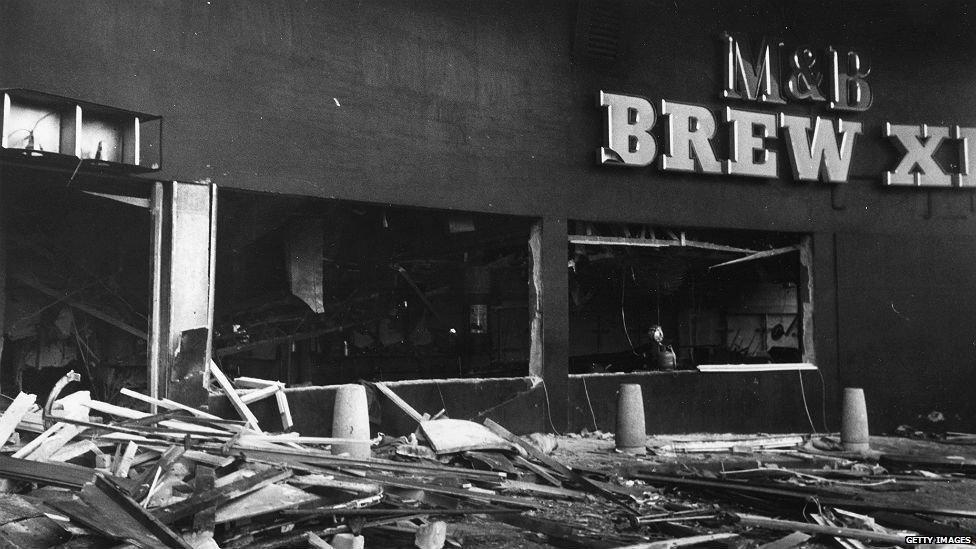
Inquests into the deaths of 21 people in the Birmingham pub bombings are going to be reopened, 42 years on.
The double bombing in 1974 was the worst ever terrorist attack in Britain until the London 7/7 bombings in 2005
The bombs were widely acknowledged to be the work of the Irish Republican Army - the IRA.
Newsbeat's been looking back at what happened that day in 1974 and why the inquests are being reopened now.
1974: The bombing
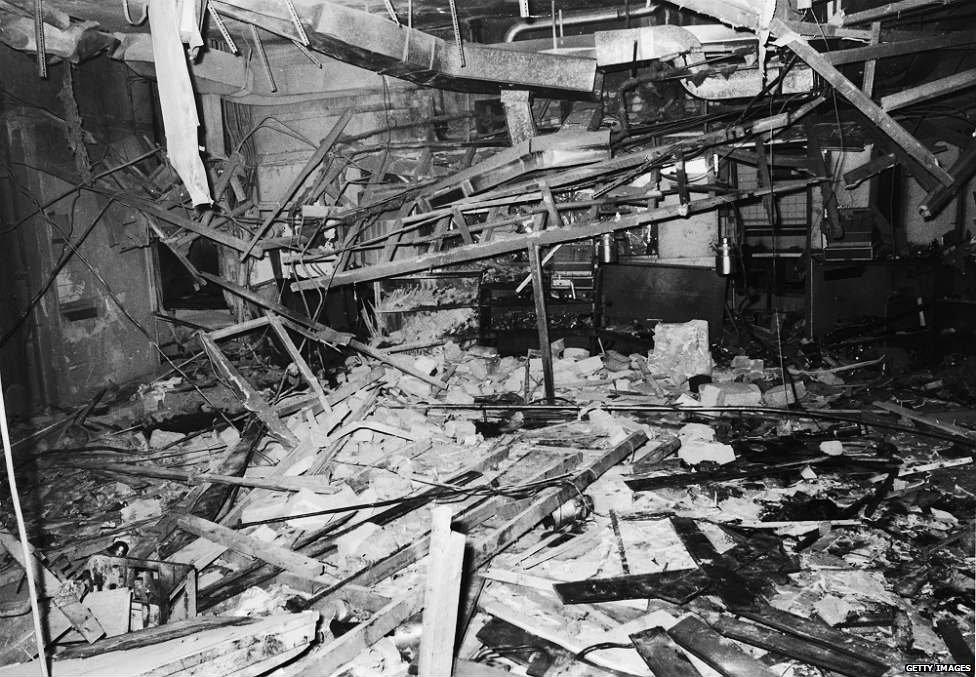
Ten people were killed in the Mulberry Bush explosion
Two bombs exploded on 21 November 1974 in The Mulberry Bush and Tavern In The Town pubs. Twenty-one people were killed and 182 were injured.
The youngest victims were Neil Marsh and Jane Davis, who were both 17 at the time.
A third, unexploded bomb was found in the doorway of Barclays Bank on Hagley Road.
The IRA has never officially claimed responsibility for what happened.
It was one of the sides in the "troubles" between Protestants and Catholics in Northern Ireland. The IRA - made up of Catholics - wanted Northern Ireland to break away from British rule and join the Republic of Ireland.
After admitting bombings and shootings in Northern Ireland, the IRA extended its campaign to England.
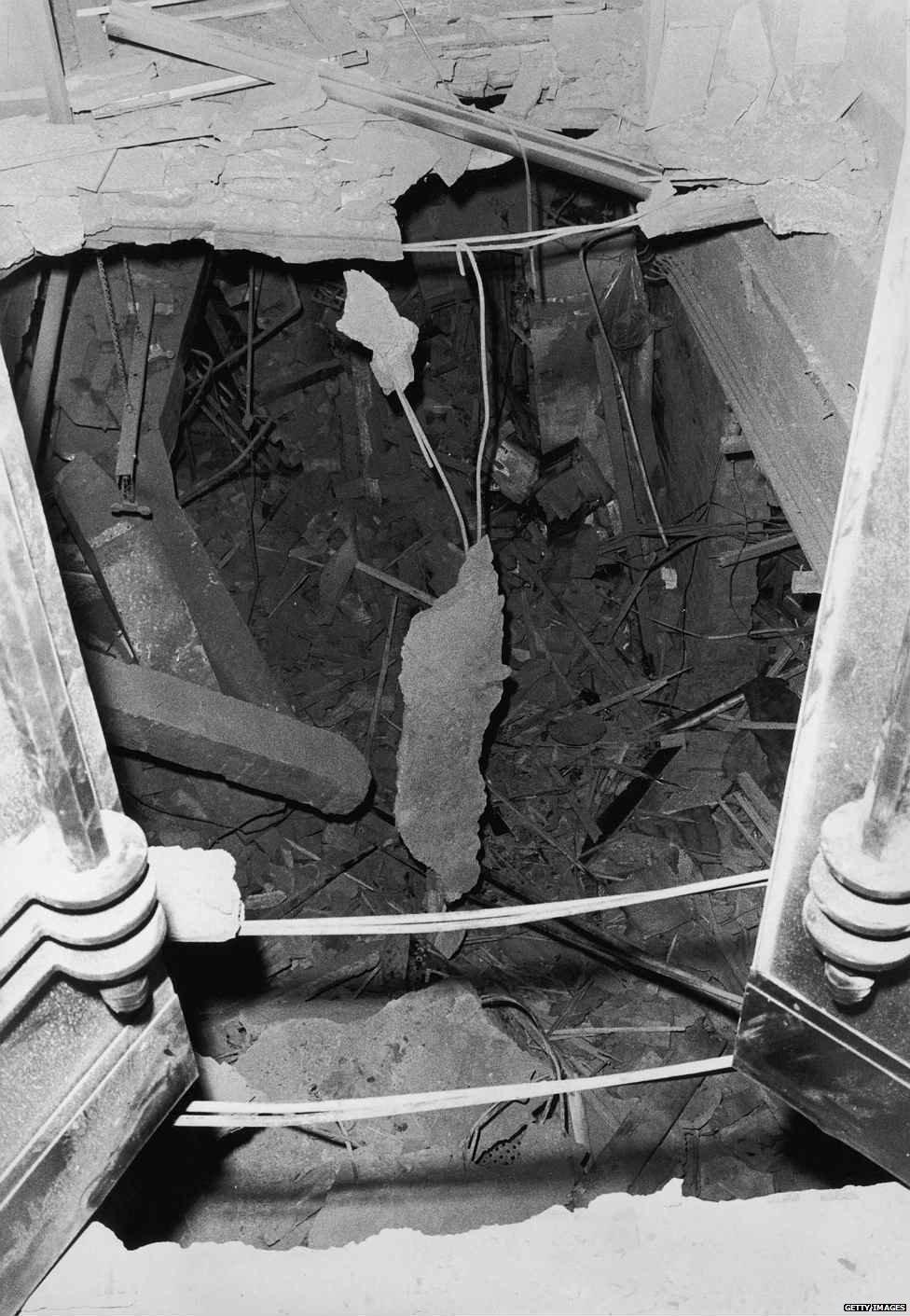
Several of the victims at the Tavern In Town bar were blown through brick walls in the blast
Six Irishmen were arrested hours after the blasts, but despite claims that police forced them to sign false confessions, they were sentenced to life in prison in 1975.
Paddy Hill, Gerry Hunter, Johnny Walker, Hugh Callaghan, Richard McIlkenny and Billy Power became known as The Birmingham Six.
1991: The release
The Birmingham Six were released in 1991 after 16 years behind bars.
They maintained their innocence throughout their time in prison.
The Court of Appeal overturned their convictions because of a botched investigation by West Midlands Police.
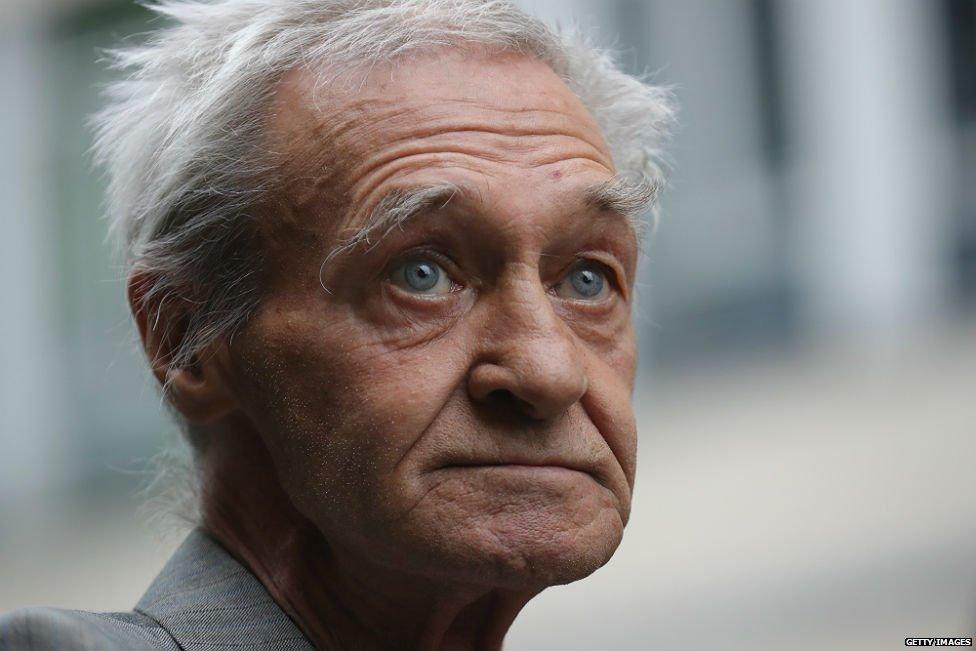
Paddy Hill, pictured here in 2016, was among six men wrongly imprisoned
2016: The coroner
In February of this year, Birmingham and Solihull coroner Louise Hunt heard an application for inquests into 21 deaths to be reopened.
She ordered the police to produce any information on claims the force may have been tipped off in advance.
It has been claimed the police knew about the planned bombing 24 hours before the attack, thanks to a mole in the IRA.
Ashley Underwood QC, who represents some victims' families, claims the Birmingham Six were jailed to protect the mole.
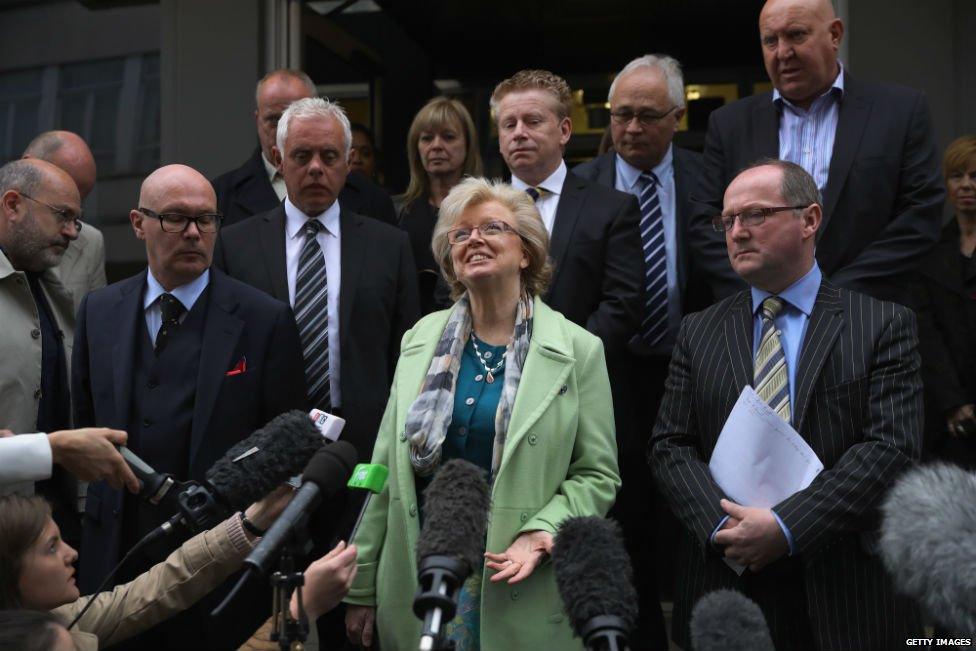
An emotional Julie Hambleton spoke to press after the hearing in Birmingham
The coroner says there is "a wealth of evidence that still has not been heard".
"I have serious concerns that advanced notice of the bombs may have been available to the police and that they failed to take the necessary steps to protect life," she said.
Julie Hambleton's sister, Maxine, was 18 when she died in the bombings. Julie explained: "All we want is to be heard - truth, justice and accountability.
"An inquest gives us the opportunity to hear from people you wouldn't normally hear from and it can lead to all sorts of things.
"The truth is fundamental."
Find us on Instagram at BBCNewsbeat, external and follow us on Snapchat, search for bbc_newsbeat